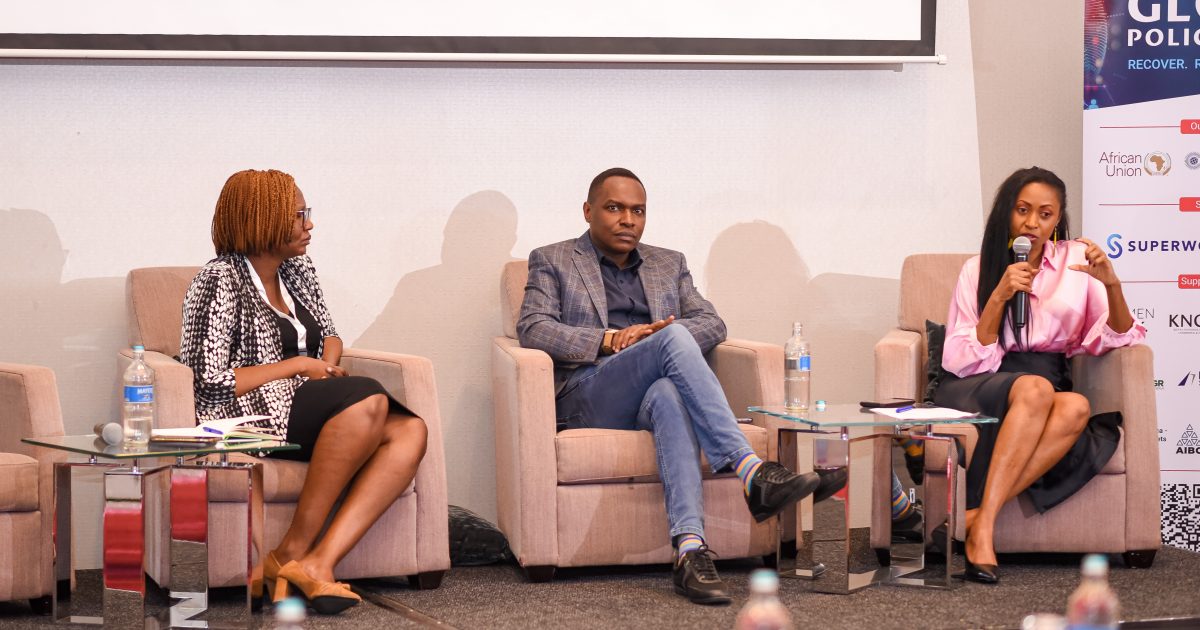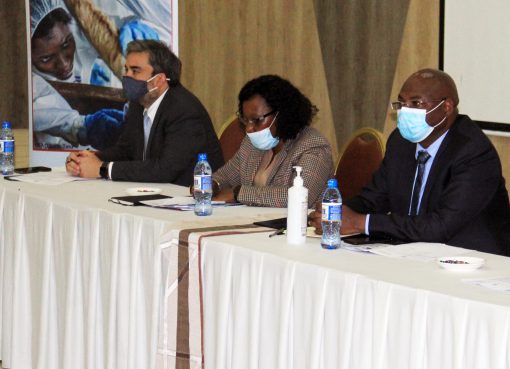The Global Policy House (GPH) in partnership with the African Union (AU) has held a summit to encourage the use of Digital Investments in Africa among the youths and women.
Speaking in a panel discussion on 7th September at a Nairobi hotel, the GPH Founder and Chief Executive Officer (CEO) Michelle Chivunga stated that digital assets like Central Bank Digital Currency, Stable Coins and Crypto Currencies should be adopted as they have created an economic opportunity in Africa.
“In a year, we have around 105 billion of Crypto currency circulating in Africa and over 90 percent of Central Banks around the world are looking at Central Bank Digital currency,” said Chivunga.
Chivunga added that women should be familiar with the digital assets and should have the knowledge, skills and understanding on how to operate the assets to create an opportunity of competitiveness with global operators in order to grow their business internationally.
“We are going to focus on educating women, Small and Medium Size Enterprises (SMEs) and youths because they are the drivers of growth in the economy,” she pledged.
Chivunga further stated that a lot of investors are interested in Digital assets with big institutions like Bitcoins, Crypto Currencies, Stable coins and Central Banks. She also raised with concern the need of the body to create a regulatory policy to ensure safety of the business environment.
“Globally around the world we have still not figured out how to regulate digital currencies and it is necessary because if we do not regulate, cases of scamming would be high,” cautioned the CEO.
Also speaking at the event, AU Head of Women, Gender Policy and Development Tapiwa Nyasulu Rweyemamu stated that the WIFEI 2030 seeks to unlock key systemic components that would put off weight poverty, deprivation and social injustice among women and youths in Africa as a mechanism of financial and economic inclusion for women and youths.
At the same time, Google’s Regional Director Government Affairs and Public Policy Charles Murito pointed out that by 2025, Africa would have up to 52 percent of its Growth Domestic Product (GDP) controlled through digital trade.
“The skills will be the biggest challenge that will affect Africa from achieving this,” said Murito adding that other challenges would include unavailability of internet and cost of devices.
“Leveraging technologies will enable quick deployment of connectivity point to point technologies to deliver and transmit high speed data with about 98 to 99 percent uptime,” said Murito.
Making her remarks, International Market Advisor for East Africa in the Department of International Trade Lilian Odhek said that digital assets are helping businesses reduce cost of international trade by creating opportunities through Digital payments and Maximizing profits by enabling businesses to reach out to as many customers as possible.
“Digital Assets have created a transition from traditional ways of doing business to online making it easier for business to grow,” said Odhek.
By Rita Muthoni and Stanslaus Mbithi





